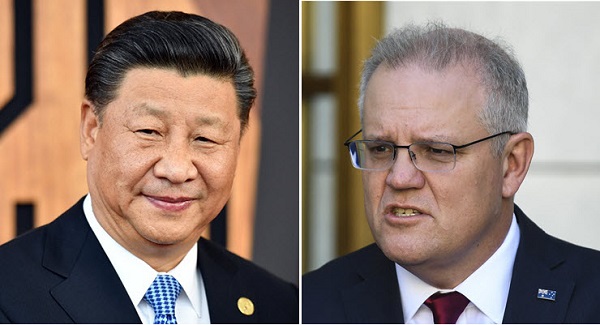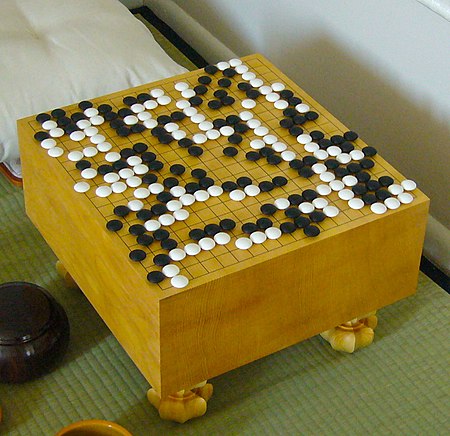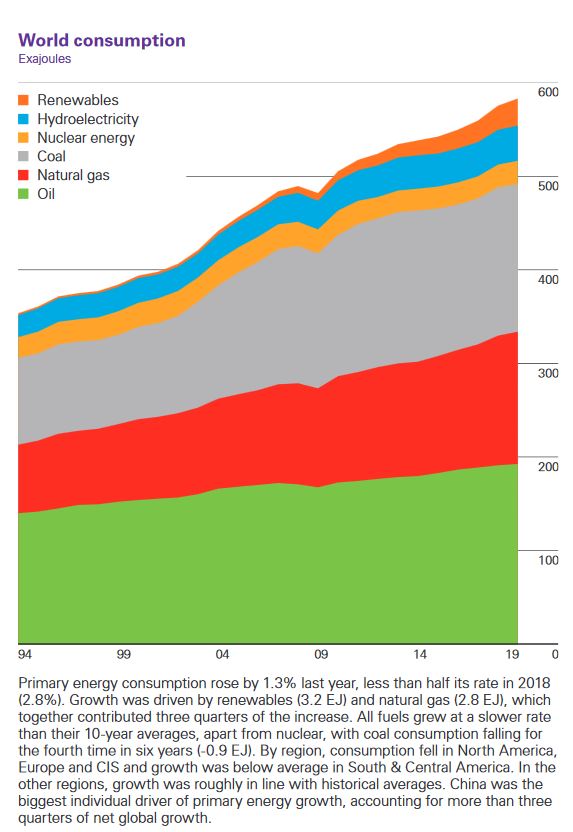
I’ve had a draft post on our China relationship in the works since 17 December 2020, with over 800 words and lots of links. I decided I had started in the wrong place.
Here I’ll highlight two links. First, Tom Switzer on his ABC RN show Between the Lines interviewed Peter Hartcher, political editor of the Sydney Morning Herald and Kishore Mahbubani, distinguished fellow at the National University of Singapore’s Asia Research Institute in Can Australia and China learn to get along?
Hartcher says what you’d expect Hartcher to say, and to some degree he has a point.
Mahbubani says that we need to recognise that China is culturally different, but it’s a matter of shades of grey rather than black and white. In trade matters, smaller powers will have to adapt more, and we are small. However, the prime characteristic for leaders in the region is that they must stand up to China, and at the same time they must get along with China. All countries in the region have this problem. They use diplomacy, and they do it quietly. Asia is full of countries that stand up to China but deal with them at the same time.
Unfortunately Australia is now very useful to China as an example of what happens if you take them on. There is no reason at all to think that this will change any time soon.
As Kevin Rudd said, “kill one in order to warn a hundred”. That is, there is a clear warning to other countries, especially the 3.5 billion other Asians, what might happen to them if they annoy China so much.
Second, Percy Allan is a public policy economist and a visiting professor at the Institute of Public Policy and Governance, University of Technology, Sydney. In the early 2000s he consulted with the Chinese ministries of finance and personnel as part of AusAID’s capacity building program. It’s ironic that in the early days of China establishing itself as a modern trading nation, Australia was its main tutor.
In an opinion piece in the AFR We targeted China before they targeted us Percy says that after signing the China-Australia Free Trade Agreement, which also covered investment, we:
-
1. Blocked more than 100 Chinese imports using a dumping duty approach inconsistent with World Trade Organisation rules;
2. Led the charge globally to ban Huawei from the 5G network;
3. Officially condemned human rights violations in China without shaming neighbouring countries (e.g. India, Sri Lanka, Malaysia, Vietnam, Cambodia, Myanmar, etc) for their transgressions or taking moral responsibility for our own Pacific Solution for refugees;
4. Condemned China for breaching international law by seizing a disputed coral atoll in the South China Sea while ignoring Donald Trump tearing up international agreements such as the Paris Climate Change Accord, the North American Free Trade Agreement, the Trans-Pacific Partnership Agreement, the Iran Nuclear Treaty, and the Medium Range Missile Treaty;
5. Banned China from promoting its interests and influence in Australia while not blocking other nations from doing so;
6. Publicly requested the World Health Organisation to investigate the origins of COVID-19 after talking to the Trump administration, but not giving prior notice or let alone having any dialogue with China; and,
7. Now banned virtually any investment from China or any bilateral co-operation between state governments and universities and their counterparts in China.
Percy says it will be hard for Australia to grow quickly after COVID-19 without China’s market, capital, people exchange and knowhow, and finding other markets and relationships will not do the trick. He says:
- Finding a détente is essential. China insists Australia take “concrete steps” to fix the relationship to allow high-level dialogue to resume.
A first step would be to recognise that we share responsibility for the breakdown in relations and apologise to China for not consulting it before we requested WHO to investigate the origins and handling of COVID-19.
That action, more than any other, turned China against us. Also admit we should have been more sensitive to China’s complaints about our dumping duties on its exports. Such a mea culpa would greatly help.
Second, welcome Chinese investment in all non-strategic industries, infrastructure projects and joint research activities and specify what they are. I would have thought Lion’s juice and dairy drinks, Probuild’s residential and commercial building, and Victoria’s highway construction were in that category.
Third, undertake in future to fully engage with China on any concerns we have with it or it has with us before going public. That does not mean compromising our sovereignty or leaving ANZUS, but it does mean mutually respecting each other as friends, not foes, just as we did before the spat.
Typically in trade spats countries choose measures that hurt the other country most politically. Hence the targeting of mining and rural industries.
However, tourism, education and university research will be hit also. In terms of the impact on universities, the government has made it clear that it doesn’t care. Morrison said simply that they are large corporations and would have to change their business model.
The G8 had built up a virtuous cycle. Most research was funded by earnings made on charging foreign students. This lifted our main players in the world rankings, which in turn made the universities attractive to students.
See Andrew Norton – Coronavirus and university reforms put at risk Australia’s research gains of the last 15 years
We had reached the stage where more co-operative research was being done with Chinese institutions than with American.
It looks as though our elected political will show as much subtlety as they did when we hounded the car industry out of town.
Poor fellow my country!
We should also remember that the board game Go was invented in China over 2500 years ago. We should expect China to be playing a long game.

Here are some more links from my earlier effort:
Hugh White thinks Morrison has misread China and Why China has beaten up Australia harder than anyone else
Kevin Rudd says Scott Morrison’s ‘public relations eggbeater’ is harming relationship with Beijing
China-Australia trade war: Canberra is now Beijing’s whipping boy
Kishor Napier-Raman in Crikey Beijing scores a direct hit. Australia loses out to China’s ‘shitpost diplomacy’
Craig Emerson’s advice is to think Chinese and act Australian.
IEA: Global electricity generation from coal will drop by largest amount on record in 2020
China’s ban is less of a threat to Australia’s coal industry than international climate ambition
The end of coal? Why investors aren’t buying the myth of the industry’s ‘renaissance’

Morrison ‘overreacted’ to tweet – Chinese diplomat
An all-out trade war with China would cost Australia 6% of GDP
Australia can repair its relationship with China, here are 3 ways
China coal bans hit Gladstone port but other countries take up the slack
China’s new insult to Australia
How to lose $18m in a day? Buy into a coal terminal
Laura Tingle – Neighbourhood watch: Australia and New Zealand have distinct approaches to foreign policy, especially when it comes to China
China formalises cut to Australian coal imports, state media reports
Morrison: China coal ban could breach world trade rules, ‘bad outcome for both’
In all that I’d highlight Laura Tingle’s piece (probably pay-walled) which shows New Zealand to be better placed. They established their independence of great Western powers by refusing American nuclear submarines port entry, and through the French sinking the Rainbow Warrior, killing one of their citizens.
Finally, Geoff Raby relates that Xi Jinping has visited every Australian state and territory before he became Premier, and in particular, visited Aboriginal rock paintings sites in the Northern Territory. Just so that you know it’s not personal.

I meant to emphasise that Hugh White points out that what China is doing to Australia is completely unprecedented:
this is the first time China has mounted such a sustained campaign of economic punishment against any country for so long across so many commodities.
In part it is telling all the fence sitters that there is to be no fence in the future. China now feels confident enough to say, either you are with us or against us.
I worry about Morrison’s hubris. I doubt he has the skills to get us out of this one.
Biden and others will sympathise, but will be happy to supply much of the produce (like wheat and beef) that we were supplying.
One of the obvious lesson from China’s behaviour is that it not wise to allow free trade thinking and pressure from the WTO extremists to get us into a position where we are too dependent on China as a market and/or supplier. (Ditto for any other country.)
We also need to be careful re the extent to which we allow others to do business in Aus.
Morrison is a particularly unsuited to dealing with a situation due to his public contempt to foreigners, general abrasiveness and inclined to play internal politics when the country needs someone who can play international politics with people who are different to us.
Coal exports hit four-month high despite China trade rift:
Seasonally adjusted monthly coal exports hit $3.16 billion – the biggest in four months despite the Chinese Communist Party’s unofficial edict to state-owned steel producers and power stations to stop importing Australian thermal and coking coal.
Separate to coal, Australia’s exports of metal ores and minerals enjoyed their best month on record, sending out $13.9 billion worth, up from $13.4 billion in November.
Despite China’s trade restrictions on barley, wine and beef, Australia’s rural exports were up 18.4 per cent in December. Cereal exports jumped due to good growing conditions in eastern Australia and less supply from global competitors. The jump in rural exports follows solid gains in both October and November of 7.6 per cent and 3.8 per cent respectively.
Across the export destinations China remains the biggest export market, accounting for 38 per cent of Australia’s exports in December, worth $13.4 billion – up from 36 per cent share in November, official figures from the Australian Bureau of Statistics showed.
It’s a strange world.